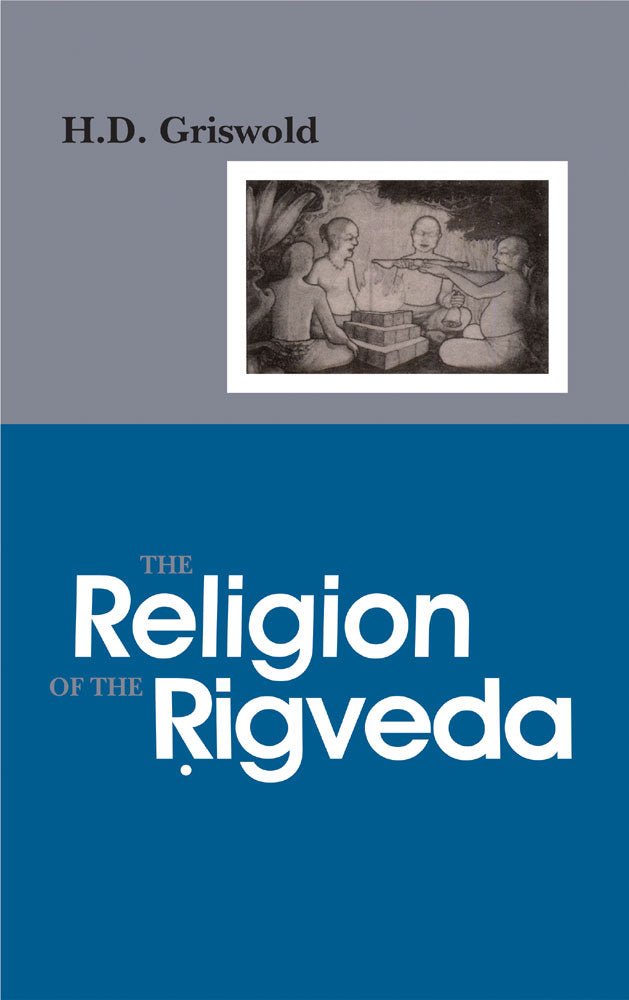I read somewhere on twitter that that sati pratha was not part of Hinduism so which Hindu scriptures discuss the Sati practice? History of Hindu Religion
I read somewhere on twitter that that sati pratha was not part of Hinduism so which Hindu scriptures discuss the Sati practice?
But I also saw someone commenting:
Sati is not a questionable practice. It is the greatest display of chastity a woman can show toward her husband, and since chastity comes from the mind, it is only true if it is voluntary. It is also religious, because it is accepted by shastras and they mention phalan (great rewards) for this act. It is not 'merely cultural'
Is there any way to get any reference of scripture ?
2Answers
Welcome to HMW!
This site is for discussion about Hinduism.
You must have an account here to participate. Its free to use this site.
Suggested for you
Books based on Hinduism
Explore 101 Books You Must ReadClick here to Buy From Indic Brands
"Indic Brands" is a curated marketplace of remarkable brands that value and celebrate our cherished cultural heritage.
Related Posts
We do NOT offer personalized advice based on Astrology.

Only a Pativrata alone can enter the pyre upon the death of her husband. That too, if she has young children, or she is pregnant, or she is menstruating, even a Pativrata too cannot undergo Sati.
I will provide verses from scriptures which discuss Sati practice:
Can you pls mention the verses that says if the woman is pregnant or has young child or is menstruating she cannot perform sati.
Can you pls mention the verses that says if the woman is pregnant or has young child or is menstruating she cannot perform sati.